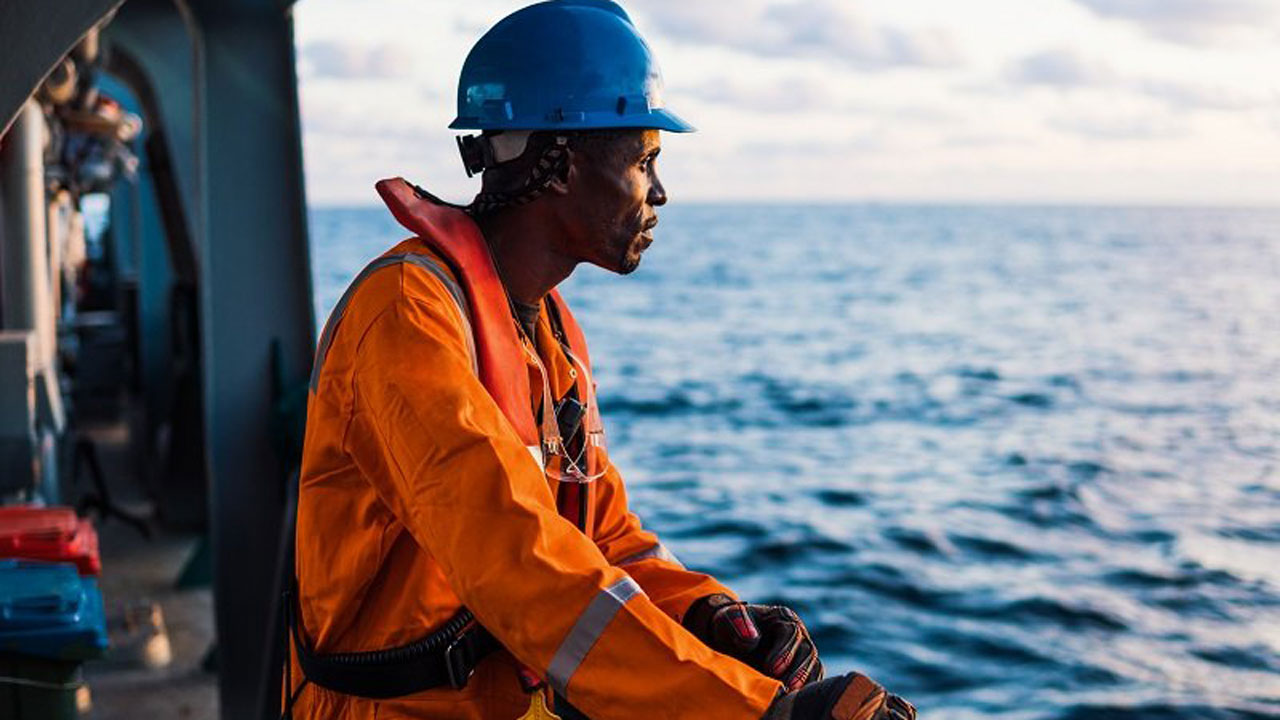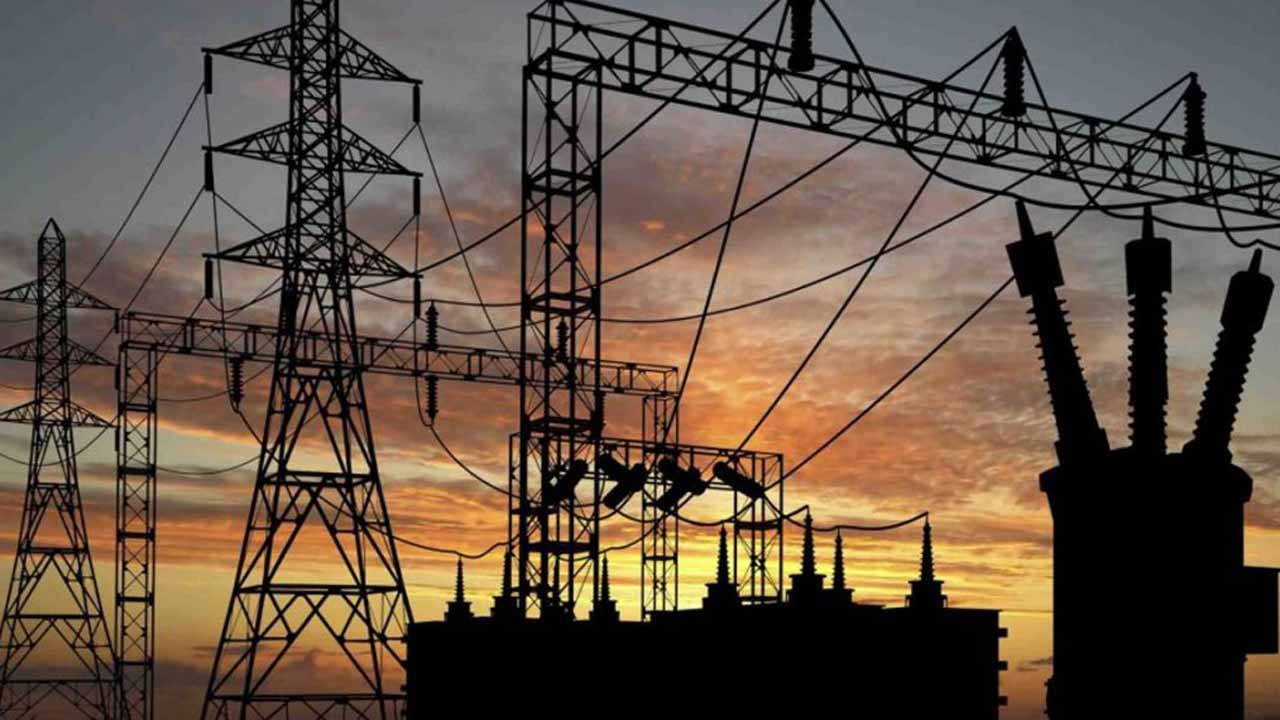 Nine years after Nigeria domesticated the International Ship and Port Facility Security (ISPS) Code, the country has continued to witness rising security threats, which discourage global shipping businesses.
Nine years after Nigeria domesticated the International Ship and Port Facility Security (ISPS) Code, the country has continued to witness rising security threats, which discourage global shipping businesses.
ISPS is a major component of the security architecture in a country’s maritime domain and an integral aspect of the Safety of Life at Sea (SOLAS) convention.
While Nigeria boasts of full implementation and compliance with the ISPS, its seaport facilities and waters face rising maritime security threats, such as smuggling of contrabands; trafficking of drugs, arms and humans, piracy, Illegal, unregulated fishing and stowaways.
These were the issues discussed at the Maritime and Offshore (OMIS) technical summit held at the weekend in Lagos and themed, ‘Safety and Security in Maritime’.
The President of the Maritime Security Providers Association of Nigeria (MASPAN), Emmanuel Maiguwa, said the listed issues are top security threats in the country’s maritime domain.
He said despite the implementation of the SOLAS instrument and compliance with the ISPS code to enable Nigeria to improve its security architecture, maritime security issues keep rising and have become a major concern to stakeholders in the industry and the global shipping community.
Maiguwa said the ports have been on security level one, which has created room for the trafficking of hard drugs from Brazil as well as an avenue for stowaways.
The absence of an appropriate framework by ministries and government regulatory agencies, according to him, is fuelling maritime insecurity in the country.
Maiguwa called for inter-ministerial collaboration among the ministries of Marine and Blue Economy, Interior and Defense to develop a new framework for maritime security in the country.
The former President, Association of Nigerian Licensed Customs Agents (ANLCA), Shittu Olayiwola, said Nigeria has become endangered with the large inflow of illicit drugs, contrabands and fake products.
He said the shipping agents and freight forwarders always receive the backlash of the dangerous cargoes, which are discovered during Customs examination with other regulatory agencies.
Olayiwola said the shippers keep agents and freight forwarders, who go through documentation processes and clearance in the dark about the actual content of the cargo.
“We are the representatives of the shippers, who keep us in the dark. We take the risk of coming forward to do a declaration. So, whenever the government regulatory agencies open the containers and there are hard and illicit drugs, the first person they grab is the customs agent. We are expecting the new ministry to analyse the responsibility of everyone concerned in the value chain of cargo delivery,” he stated.
The Executive Secretary of the Nigerian Shippers’ Council (NSC), Emmanuel Jime, said the major maritime security threats affecting the nation are the smuggling of narcotics and fake products, trafficking of firearms and dumping of contraband.
Jime, who was represented by the Director, Strategic Planning and Research, NSC, Rotimi Anifowose, said for the nation to address these issues, there is a need for the implementation of the International Cargo Tracking Note (ICTN) to have a clearly defined structure to enhance the security and safety values.
Jime said having the ICTN would help track cargoes from ports of origin and promote the confidence of shippers in doing business on the nation’s waters and ports.
The former Lagos Port Complex Manager of the Nigerian Ports Authority (NPA), Mrs. Olufunmilayo Olotu, said fishermen and local boat passengers criss cross the channel of Lagos port against international best practices.
She said for the eastern ports vessels always want to have security escort for fear of being attacked.
“The last experience we had, wherein those who boarded the vessel were able to access the citadel, which is the height of it. Once a vessel is under attack, the citadel is going to be the safest front leading the vessel and for them to have been able to access that place, it calls for attention. We need to begin to ensure that our safety and security levels are taken to a higher level,” she said.
She urged the Ministry of Marine and Blue Economy to address the internal issues as well as begin to think of strategic maritime policies, noting that oftentimes, these policies are always in writing with no monitoring for their enforcement.
Responding, the Chairman of the Senate Committee on Marine Transport, Wasiu Eshilokun Sanni, acknowledged the recommendation of having a joint inter-ministerial committee, noting that the Senate is aware of the various challenges in the maritime sector.
“Without going to the port, we know there are lots of issues, we know our ports are dilapidated and need to be remodeled for efficiency. We also know there are inspection issues,” he said.
He assured stakeholders in the maritime industry of the Senate’s maximum corporation and readiness to work and position the nation’s marine and blue economy industry to become the best in Africa and globally.






